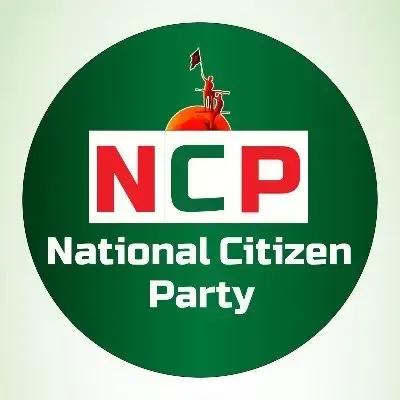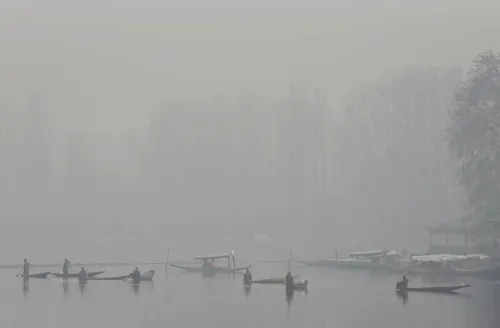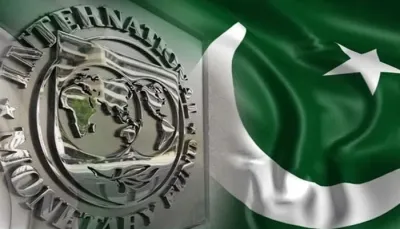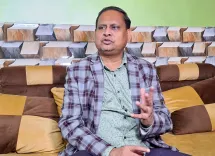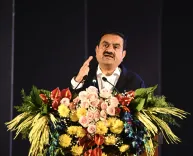What New Sanctions Did the US Impose on Iran After the Latest Talks?
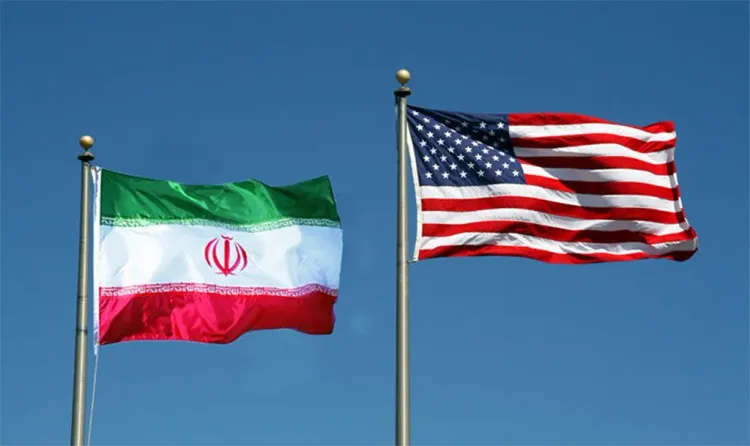
Synopsis
Key Takeaways
- US sanctions target Iranian officials linked to nuclear development.
- SPND is crucial in Iran's nuclear research.
- The Amad Project was Iran's earlier nuclear weapons initiative.
- Indirect talks in Oman continue despite challenges.
- Iran insists its nuclear activities are for civilian use.
Washington, May 13 (NationPress) The US has enacted sanctions against three Iranian individuals and one Iranian organization linked to Tehran's Organisation of Defensive Innovation and Research, commonly referred to as SPND.
The SPND is the direct successor to Iran's nuclear weapons program that existed before 2004, known as the Amad Project.
In a press statement on Monday, US Secretary of State Marco Rubio declared that "all sanctioned individuals are engaged in activities that significantly contribute to, or pose a threat of significantly contributing to, the spread of weapons of mass destruction."
“Iran is persistently enhancing its nuclear program and undertaking dual-use R&D activities relevant to nuclear weapons and their delivery systems. It is the sole nation without nuclear arms that is enriching uranium to 60 percent, while employing front companies and procurement agents to disguise its attempts to obtain dual-use materials from international suppliers,” the statement further elaborated.
“The actions taken by the United States aim to hinder and mitigate the capability of SPND to pursue nuclear weapons R&D. Today’s measures reflect the United States' dedication to preventing Iran from acquiring a nuclear weapon,” it continued.
These comments came after the fourth round of indirect nuclear discussions between the US and Iran concluded in Muscat, Oman.
“The fourth round of indirect negotiations has finished; the talks were challenging yet productive, allowing us to better comprehend each other's views and seek reasonable and realistic approaches to address our differences. The next round will be organized and publicized by Oman,” stated Esmaeil Baqaei, spokesperson for the Iranian Foreign Ministry, on platform X.
Iranian Foreign Minister Seyed Abbas Araghchi noted that the indirect negotiations with the United States in Oman aimed at reviving the 2015 nuclear deal had evolved to become “much more serious and candid,” while Iranian President Masoud Pezeshkian dismissed US demands for Tehran to dismantle its nuclear infrastructure.
In remarks to Iran's state-run IRIB TV following the fourth round of talks in Oman, Araghchi indicated that discussions had progressed from general topics to more specific proposals.
He described the negotiations as “forward-moving,” although he recognized the increasing complexity of the issues at hand.
Both parties agreed to persist in their discussions.
Meanwhile, President Pezeshkian firmly repudiated US calls for the dismantling of Iran's nuclear infrastructure, stating, “This is unacceptable. Iran will not surrender its peaceful nuclear rights,” emphasizing Tehran's position that its nuclear program is intended for civilian use.


